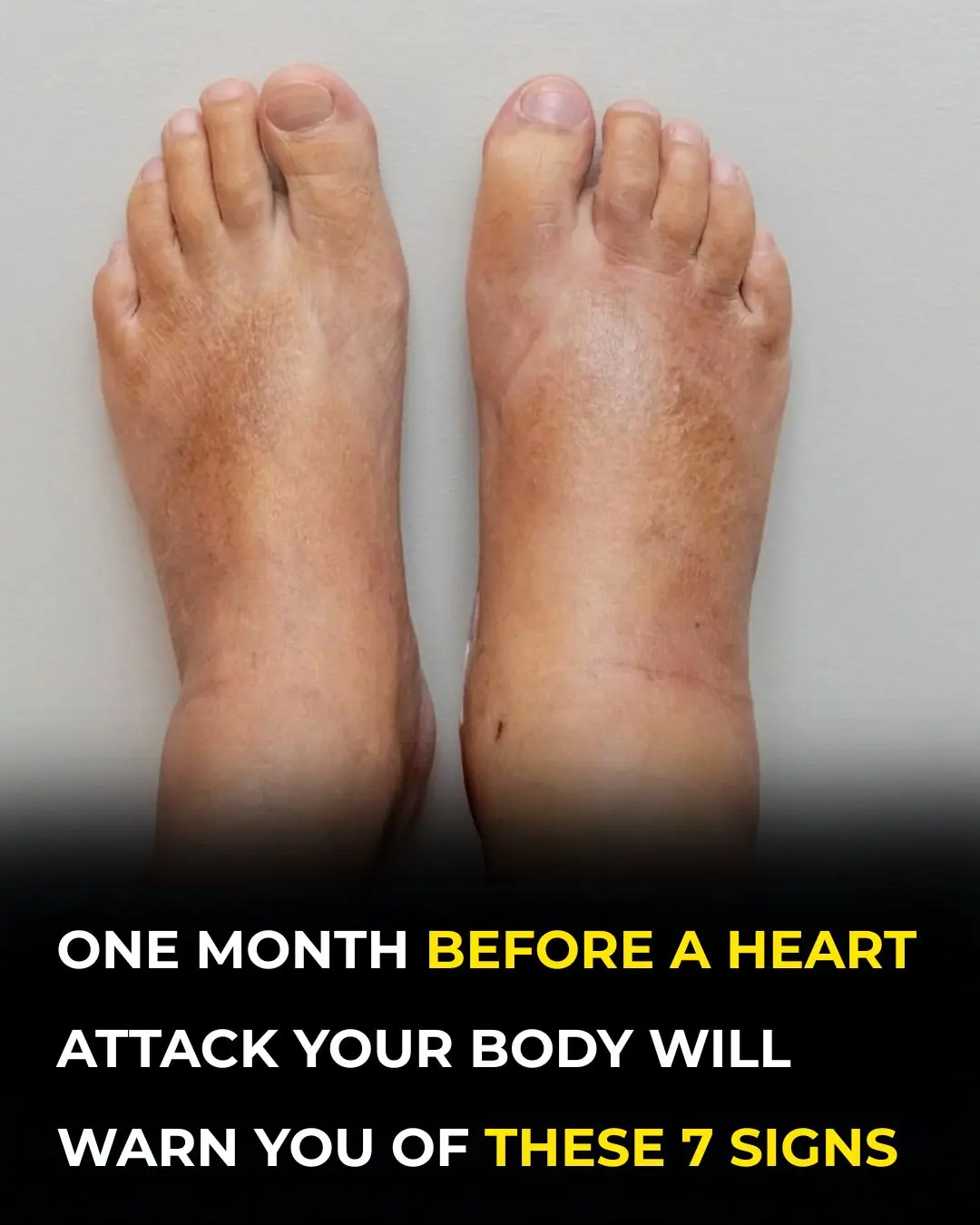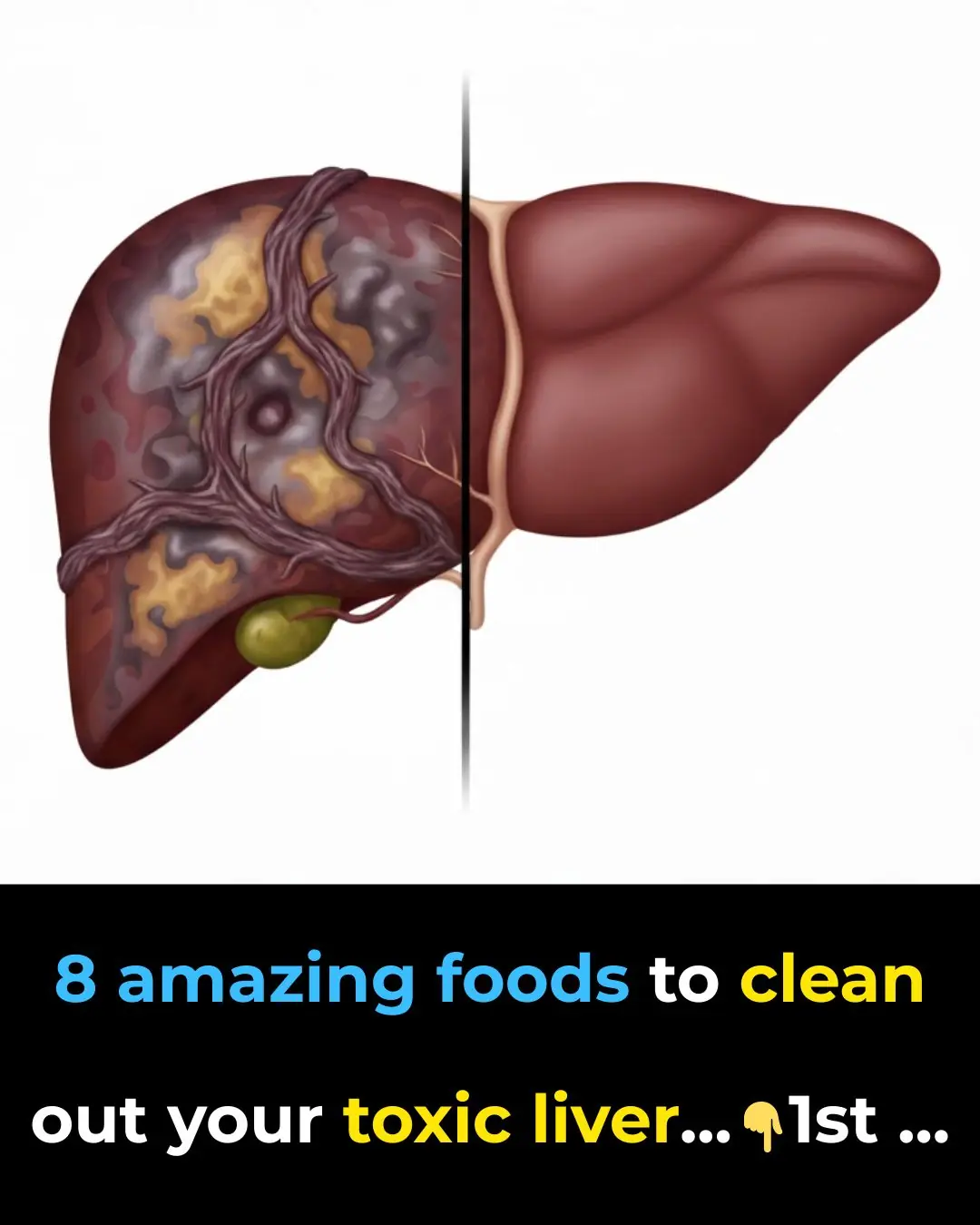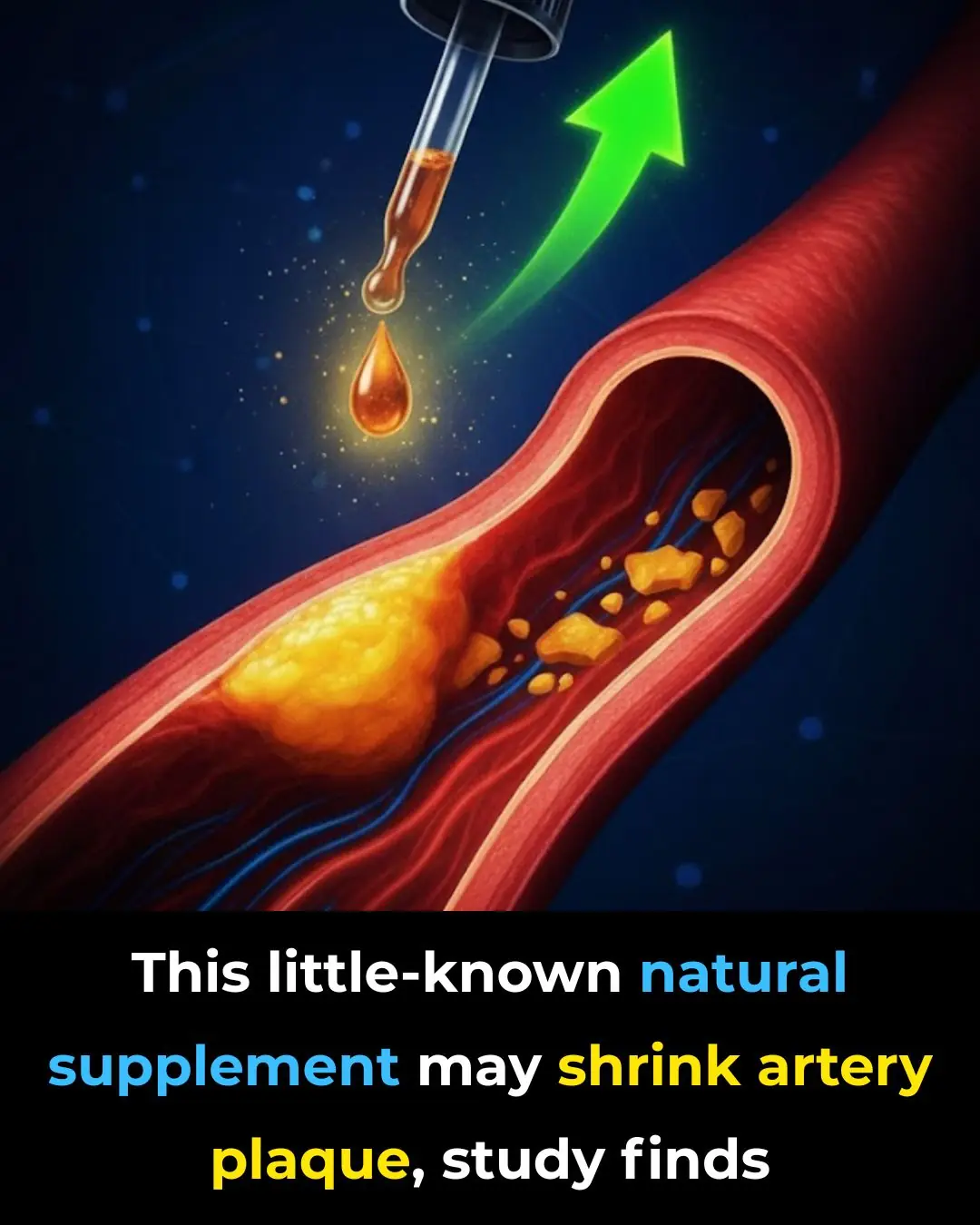
1st death linked to “meat allergy” spread by ticks, doctors confirm

A New Jersey man’s death has been identified as the first known fatality linked to alpha-gal syndrome, a meat allergy triggered by the bite of the Lone Star tick. The 47-year-old man experienced a severe, delayed reaction after consuming beef, ultimately leading to anaphylaxis.
Key Takeaways
- The bite of the Lone Star tick can cause a rare allergy to mammalian meat, known as alpha-gal syndrome (AGS).
- Reactions are delayed, typically occurring 3-5 hours after consuming beef, pork, or lamb.
- This case marks the first documented death attributed to AGS.
The Case of the Fatal Reaction
A previously healthy 47-year-old man from New Jersey experienced a severe allergic reaction after eating beef. The incident occurred in two stages. First, after a steak dinner during a camping trip in the summer of 2024, he suffered intense abdominal pain, vomiting, and diarrhea, which subsided after a couple of hours. He reportedly told his family he thought he was going to die.
Two weeks later, he ate a hamburger at a barbecue. Several hours after consumption, he collapsed in his bathroom and was later pronounced dead at a local hospital. An initial autopsy ruled his death as “sudden unexplained death.”
Unraveling the Mystery
His widow, unsatisfied with the autopsy results, contacted a pediatrician who, in turn, reached out to Dr. Thomas Platts-Mills, an allergist at the University of Virginia (UVA) Health. Dr. Platts-Mills is a leading expert who discovered the link between tick bites and the alpha-gal allergy.
Post-mortem blood samples from the man revealed he had been sensitized to alpha-gal, a sugar found in mammalian meat. The samples indicated an extreme allergic reaction consistent with fatal anaphylaxis. His wife recalled that he had sustained numerous “chigger bites” around his ankles earlier that summer, which Dr. Platts-Mills identified as likely bites from Lone Star tick larvae.
Understanding Alpha-Gal Syndrome
Alpha-gal syndrome is an immune response triggered by the bite of the Lone Star tick. When bitten, individuals can become sensitized to alpha-gal, a carbohydrate molecule present in most mammals but not in humans. Subsequent consumption of red meat like beef, pork, or lamb can then elicit an allergic reaction.
Symptoms of AGS typically manifest several hours after eating meat and can include:
- Hives or rash
- Nausea and vomiting
- Stomach pain
- Diarrhea
- Breathing difficulties
- A drop in blood pressure
- Swelling of the lips, face, or throat
- Dizziness or fainting
While severe reactions like anaphylaxis were theorized, this case is the first confirmed fatality directly linked to AGS from meat consumption.
Public Health Implications
Dr. Platts-Mills emphasizes the importance of public awareness, especially in areas where Lone Star ticks are prevalent. He advises that severe abdominal pain occurring several hours after eating mammalian meat should be investigated as a potential sign of AGS. The increasing deer population in many regions contributes to a rise in Lone Star tick populations, potentially increasing the number of people at risk.
The Centers for Disease Control and Prevention estimates that up to 450,000 Americans may have alpha-gal syndrome, though many cases may go undiagnosed due to the delayed onset of symptoms and lack of widespread physician awareness.
News in the same category


Drink This 2X a Day to Remove Uric Acid Before it Crystallizes in Your Joints and Becomes Painful

3 Food Combo to Strengthen Your Heart

What Your Belly Is Trying to Tell You

1/4 teaspoon reverses gut inflammation & cleanses liver toxins

Vitamin D3 cuts second heart attack risk by half

One Month Before A Heart Attack, Your Body Will Warn You Of These 7 Signs

4 vitamins to reverse neuropathy and damaged nerves – relieve foot & hand pain fast!

Ignite Your Day: Eggs + Coffee for Unstoppable Stamina & Vitality

How to Effectively Remove a Painful Ingrown Toenail WITHOUT Having To Go To The Doctor

This Is What Happens To Your Lungs When You Dry Laundry Indoors

Medicinal Health Benefits of Turmeric, Curcumin and Turmeric Tea Based on Science

Home Remedies For Kidney Stones – 21 Remedies For Effective Pain Relief

How to Use a ¼ Teaspoon of Nutmeg to Fall Asleep and Relieve ALL Your Insomnia Symptoms Overnight

8 Amazing Foods To Clean Out Your Toxic Liver

Does The Inside Of Your Ear Itch

All lupus cases may be linked to a common virus, study finds

This little-known natural supplement may shrink artery plaque, study finds
News Post

Do not use a sharpening stone on dull scissors. Apply the following method to make the scissors as sharp as new ones bought from the store: Simple but effective

Don't rush to throw away expired or leftover beer. Use it for these 8 things and everyone will praise it

Weeds or Wonders? Discover the Hidden Treasures in These 4 Common Plants

Say Goodbye to Parasites, Cholesterol, High Blood Pressure, and Poor Circulation With This 7-Day Homemade Drink

Drink This 2X a Day to Remove Uric Acid Before it Crystallizes in Your Joints and Becomes Painful

Simple Tips to Fade Freckles for a More Even and Radiant Complexion

5 Effective Ways to Clean Rust, Grease, and Stubborn Stains from Your Gas Stove—Making It Shine Like New

Lower blood sugar naturally by training just 2 leg muscles

Boil eggshells and say goodbye to the …

3 Food Combo to Strengthen Your Heart

Lone Star Tick Bites: Dangers, Symptoms, And Urgent Steps To Take

If You See A Bent Tree In The Forest, Start Looking Around Immediately

If You See Someone With This Tattoo On Their Hand, Here’s What It Means

Bear Caesar Finally Freed After Years In Cruel Torture Vest

Man Isolates Himself From Society For Over 25 Years. What He Does Is Beyond Belief

Chilling Final Posts Emerge From TV Host’s 19-Year-Old Daughter Before Her Tragic Death In Los Angeles

Lady Frederick Windsor brands royal family’s lives ‘total hell’: ‘A form of torture’

Good Morning Britain's Ranvir Singh wows in flattering cord jumpsuit that 'fits perfectly'

What Your Belly Is Trying to Tell You
